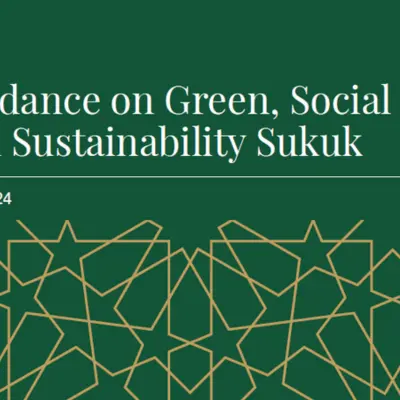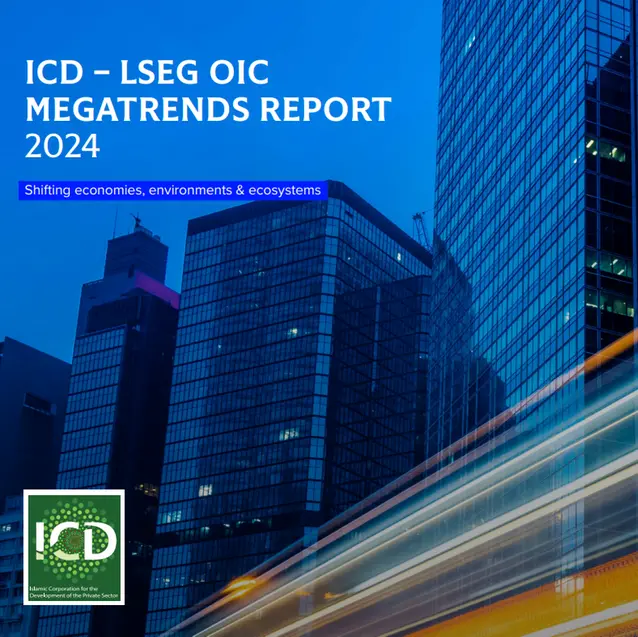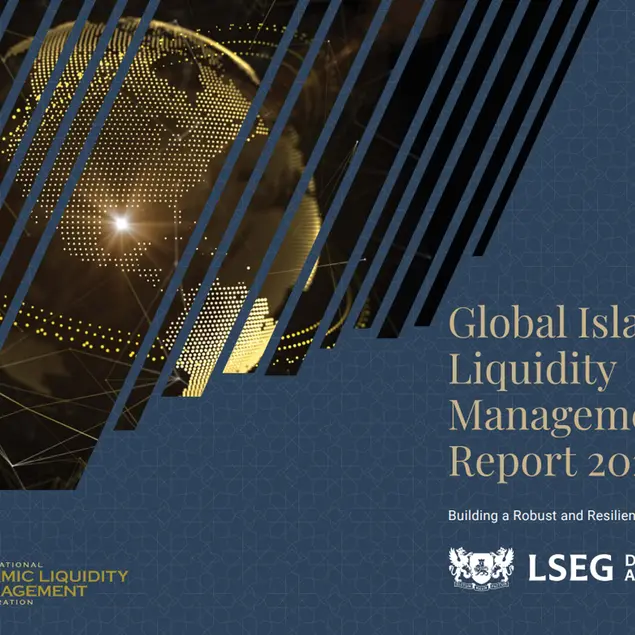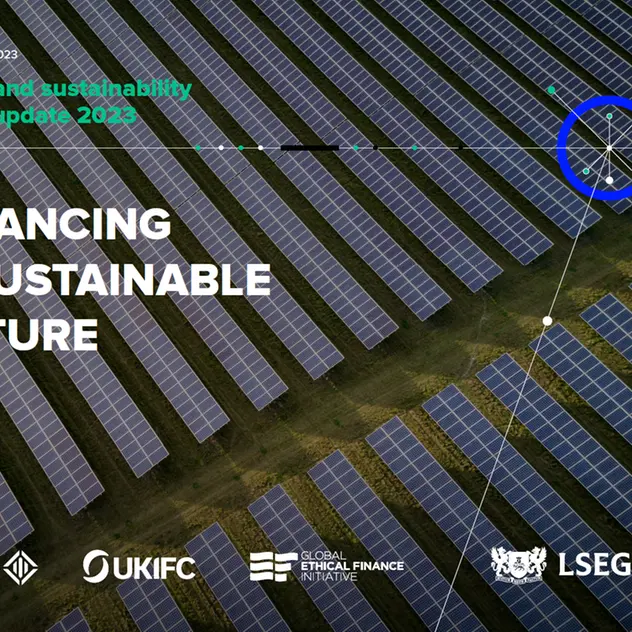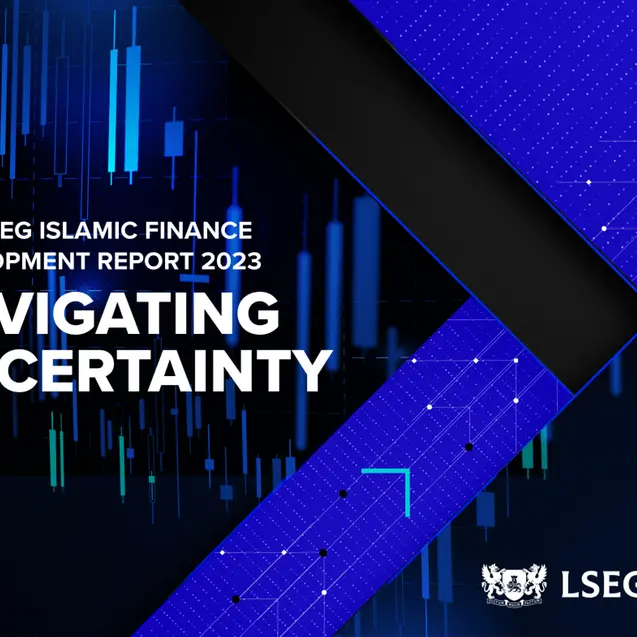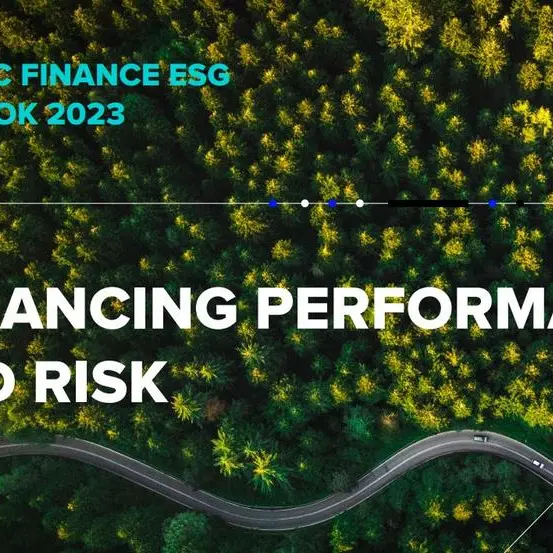PHOTO
We see the drop in oil prices as a double-edged sword; many oil-exporting countries, such as Bahrain and Saudi Arabia, have started considering sukuk as a source of funding to cover their budget deficits. At the same time, the oil price drop could hurt their credit ratings; this has already happened. The increase in global interest rates is another concern both issuers and investors are closely following as any increase in interest rates will have implications on sukuk. However, the only factor distinguishing sukuk from other instruments is its demand. This could be an advantage for issuers, who will be able to capitalize on limited investment options available to Shariah-sensitive investors and secure better pricing.
A healthy pipeline of US$32 billion is already in place for 2016. This is made up of a mixture of governments and corporates. Some of the potential issuers in the pipeline include countries such as Egypt, Tunisia, Thailand, South Korea and Ivory Coast. There are also quasi-sovereign issuers from Bahrain, Azerbaijan and Malaysia. Corporate issuers make up most of the list with countries from both traditional and non-traditional markets and from different sectors.
Access the full report to find out:
- Trends and developments in global sukuk markets;
- Performance of key sukuk markets, including both primary and secondary markets;
- Impact of key factors such as oil prices and interest rate movements on sukuk markets;
- Forecast of the supplydemand gap in equilibrium in sukuk issuance; and
- Key survey insights and key stakeholders’ views.

